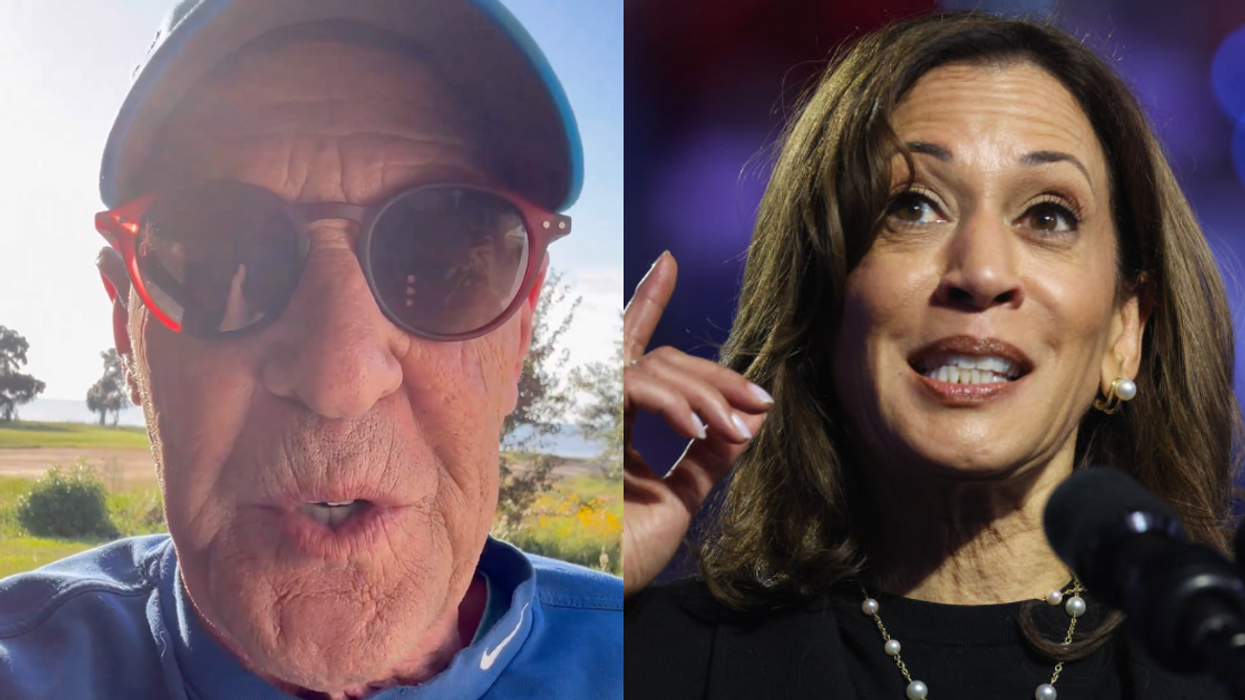
Mississippi news anchor David Elliott was fired after 39 years on the air after he posted on X that hatred of Trump is “a sickness” and urged Harris supporters to “stay home.”
Mississippi news anchor David Elliott was fired after 39 years on the air after he posted on X that hatred of former President Donald Trump is “a sickness” and urged Vice President Kamala Harris’ supporters to “stay home.”
Elliot, who worked for WLOX-TV since 1985, said in a Facebook post that he is “no longer at Wlox as of 10-25-24,” claiming that “The corporation doesn’t like my political views.”
It all started when he shared a video message attacking Trump’s critics and said Harris’ supporters shouldn’t vote at all, a message he likely felt okay with—however unprofessional—sharing in a reliably red state.
He said:
“This is so unlike me because I’m usually a vote, vote, vote guy. I’d like to see 100 percent voter turnout, whether it’s for your local sheriff or the president of the United States.”
“But if your hatred for Donald Trump is so strong—that’s kind of a sickness by the way—but if it’s so strong that you’re planning to go in that voting booth and vote for Kamala Harris—do you listen to her? Do you know anything about her?”
“Anyway, do yourself, do the country, do the world a favor and just sit it out. Stay home. Don’t vote.”
You can hear what he said in the video below.
Elliot’s remarks exposed him to almost immediate criticism, with many pointing out his unprofessionalism.
The Society of Professional Journalists (SPJ) advises that reporters and journalists strictly follow a Code of Ethics, which prohibits participation in any political activities that could create conflicts of interest, aiming to “remain free of associations that may compromise integrity or damage credibility.”
SPJ further clarifies, stating, “Reporters are not columnists or editorial writers,” and emphasizes that journalists covering an issue or candidate should “not take a position” in any visible or public manner, though they may have private opinions.
The SPJ also highlights that, although journalism enjoys protection under the First Amendment, “journalists who want to be perceived as impartial must avoid any display of partisanship.”







